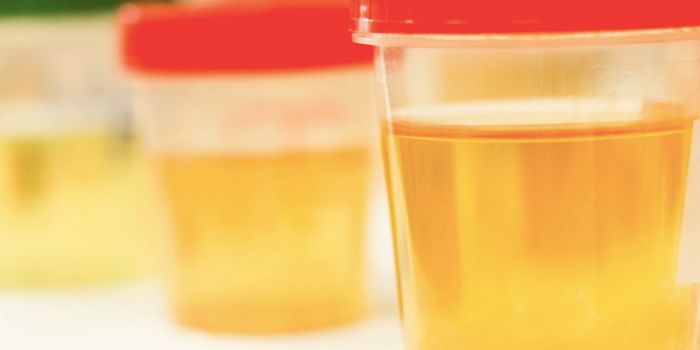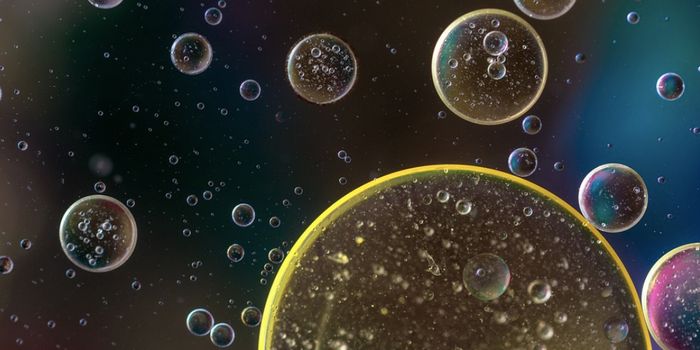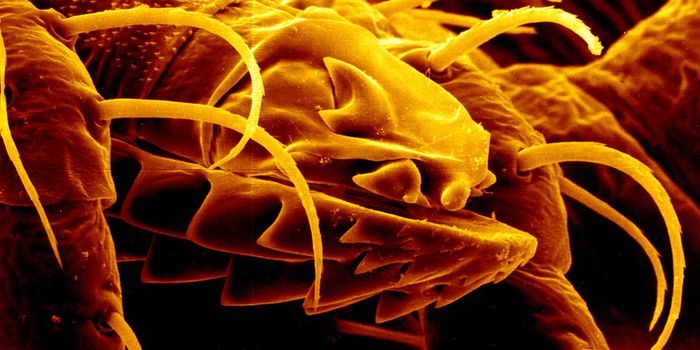It Seems Not All COVID-19 Patients Develop Antibodies
It's been generally assumed that people who get infected with SARS-COV-2 will develop antibodies to the virus, which causes COVID-19. Preliminary research appeared to confirm that when antibodies to the virus could be identified in anyone that had been found to have a SARS-CoV-2 infection through an RT-PCR test. Most studies suggested that the human body would start generating antibodies against the virus from one to three weeks after they started having COVID-19 symptoms.
But several recent reports have found that not everyone who gets infected has detectable antibodies. When someone gets infected but does not develop antibodies, it's said that they don't seroconvert. Several research studies from different countries have come to this conclusion. A report from Israel determined that five percent of COVID-19 patients that had gotten a positive test result from a nasal swab did not seroconvert. In Germany, scientists found that 85 percent of people that had contact with SARS-CoV-2-positive individuals did not develop antibodies to the virus.
A new study by the Centers for Disease Control and Prevention (CDC) has suggested that younger people and those with a lower detectable level of virus by RT-PCR are less likely to seroconvert.
The CDC study assessed 72 volunteers that had all gotten positive COVID-19 RT-PCR tests. Only 2 of these volunteers (3 percent) had not gotten any symptoms. When the others in the study had been sick, 18 percent had a mild case of COVID-19, 67 percent were moderately ill, and 12 percent had been severely sick. All of these individuals had recovered, and had not had any symptoms for three weeks or more before their blood samples were collected for the study.
The researchers found that the individuals with lower levels of the virus when they were tested were less likely to produce a lot of antibodies - RT-PCR can provide some insight into the level of virus that's carried by a person. The researchers acknowledge that false positives were possible, but unlikely. RT-PCR tests can also be very sensitive, and find a positive case even when little to no symptoms are present. The research concluded that not everyone that had been sick enough to go to a clinic for care produced antibodies; moderate or severe illness was not a guarantee that antibodies would be detectable.
The CDC noted that antibody measurements may not be reliable for answering some questions. For example, antibody levels don't always tell us whether someone is immune; a person may not have antibodies in their blood but their body may still be capable of producing them. Seroconverted people and non-seroconverted people may also have different antibody responses to a vaccine; seropositive people seem to have a stronger response to the first dose of an mRNA vaccine, but not the second. It may also not be possible to know whether a person that tested positive for COVID-19 but did not produce detectable antibodies is protected from future infections. That could help explain why some people seem to get COVID-19 multiple times.
The study also highlights the high degree of variability in the response to SARS-CoV-2 exposure. A recent report that examined a cohort of Israeli patients and vaccinated people suggested that people who had been sick with COVID-19 were slightly better protected from reinfection than people who'd only been vaccinated. However, only small numbers of either group had gotten re-infected or gotten COVID-19 after vaccination, showing that both still protect most people against SARS-CoV-2 infection. We don't yet know how that could change in the future, and new variants may still emerge in those who continue to be infected.
The CDC study has noted that people who have been diagnosed with COVID-19 by RT-PCR but who have not gotten sick should not assume that they are protected from the virus.
Sources: CDC, Emerging Infectious Diseases
-
-
MAY 07, 2024Is It Anti-RNP or Anti-Sm/RNP?
- See More
-
APR 30, 2024Immuno-Oncology Virtual Event Series 2024
-
MAY 07, 20243rd International Biosecurity Virtual Symposium
-
JUN 06, 2024The Future of Scientific Conferencing
- See More


















































